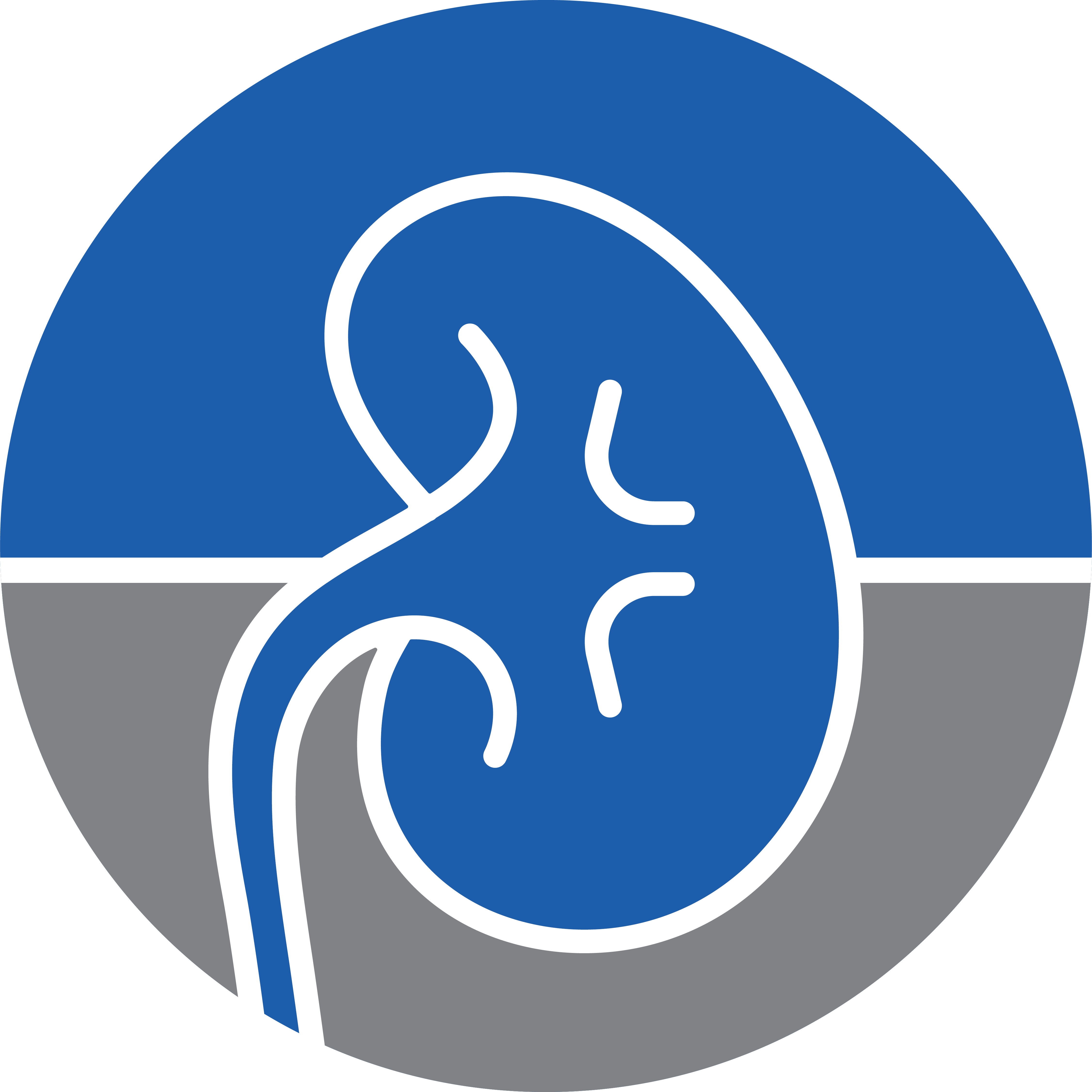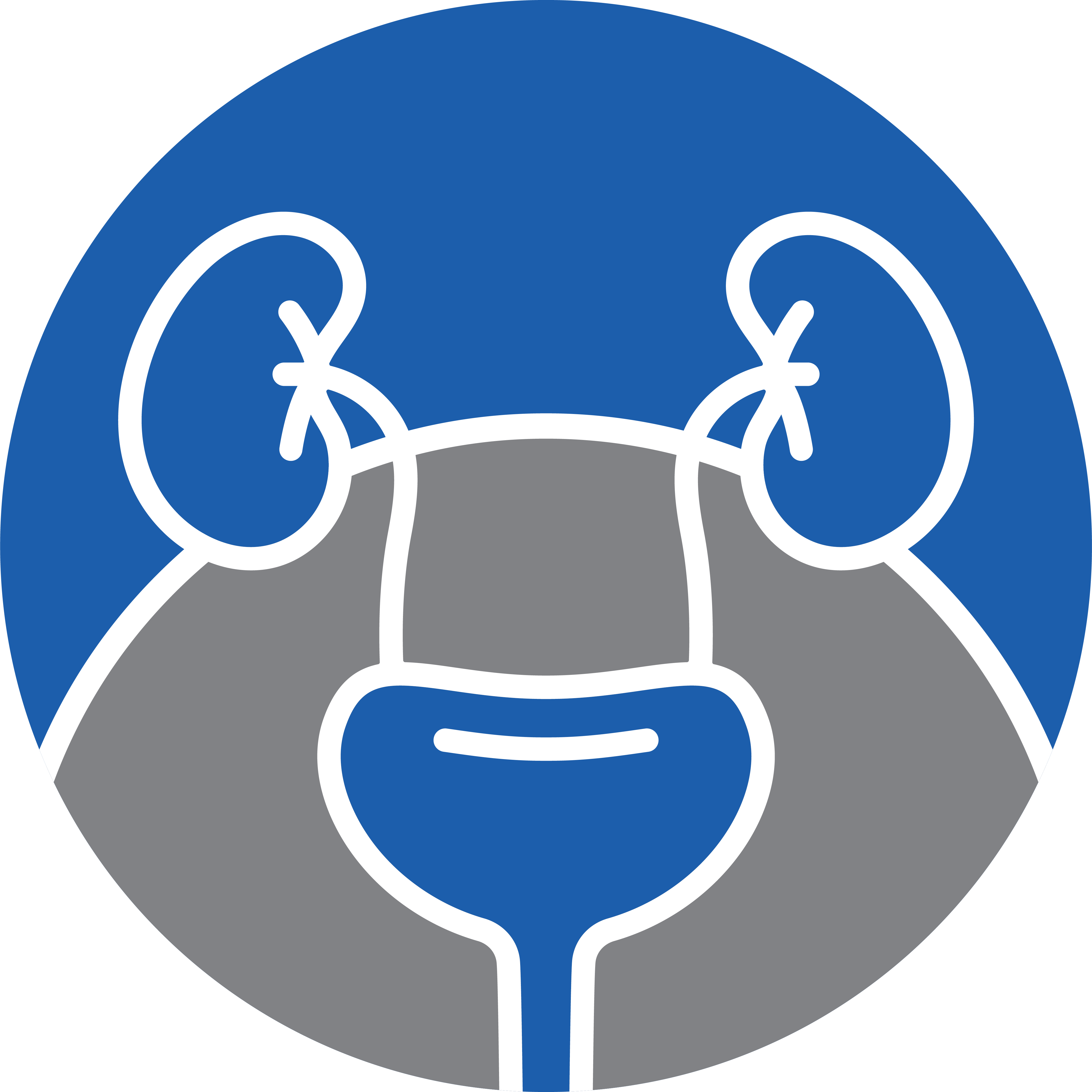According to the American Psychological Association (APA), anxiety is defined as an emotion characterised by feelings of tension, worried thoughts, and physical changes such as increased blood pressure.
Anxiety is a natural human reaction to stressful situations. However, if the anxiety occurs frequently without any triggers, it could lead to anxiety disorders.
The six main types of anxiety disorders that you need to know about are:
1. Generalised Anxiety Disorder: This chronic disorder involves excessive anxiety over general life events, work, health, and others. This is the most common type of anxiety disorder.
2. Phobias: These are irrational fear and avoidance of a certain object, animal, or situation.
3. Social Anxiety Disorder: Such anxiety and fear are related to social settings and the interaction with other people. These people usually feel monitored and judged by others causing them to have fears of humiliation, intimacy, and stage fright.
4. Post-Traumatic Stress Disorder (PTSD): Anxiety is caused by a traumatic and life-threatening event such as military combat, sexual assault, hostage situation and serious accidents.
5. Panic Disorder: Brief and sudden attacks of intense terror and apprehension that leads to shaking, confusion, dizziness, nausea and shortness of breath.
6. Obsessive-Compulsive Disorder (OCD): Anxiety which causes thoughts and actions that are repetitive, distressing and intrusive.
According to the World Health Organisation (WHO), 1 out of 13 people globally suffer from anxiety. The WHO reports that anxiety disorders are the most common mental disorders worldwide with specific phobia, major depressive disorder and social phobias as being the most common anxiety disorders.
In general, the signs and symptoms of anxiety include:
• tremors,
• stuttering,
• gasping for air,
• palpitations,
• cold hands,
• stomach pain, and
• insomnia.
These characteristics are usually caused by stress, serotonin and noradrenaline hormones in the brain, genetics, trauma, chronic disease, and fatigue.
Experts and specialists have recommended solutions for anxiety, which include taking anti-depressant drugs, doing exercises such as meditation and yoga, reducing caffeine, getting enough sleep, and explaining your condition to your family and trusted friends.
It is important to pay attention to our mental health because being healthy means having both a sound mind and body.










